The story of Earth and Dinosaurs
The history and evolution of the planet Earth
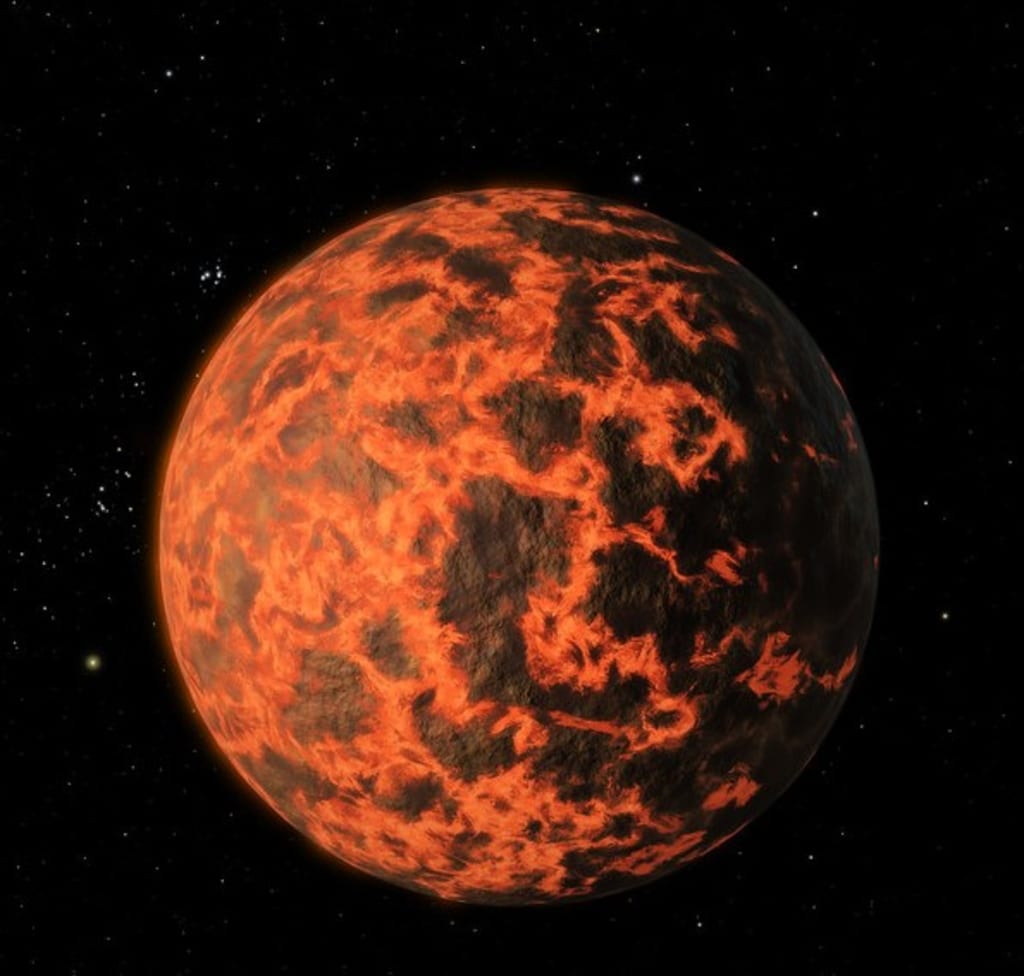
The story of Earth
The story of Earth is a tale of billions of years of formation, evolution, and change. It all began around 4.5 billion years ago when the solar system was formed from a cloud of gas and dust. As the cloud collapsed, it spun and flattened into a disk-like shape, with the sun at its center and planets forming from the remaining material. One of these planets was the Earth.
The early Earth was a hot and molten world, with intense volcanic activity, and no solid surface. Over time, the planet cooled and solidified, forming a crust that would become the Earth's surface. The first oceans formed as the planet cooled, and the atmosphere gradually developed, eventually supporting life.
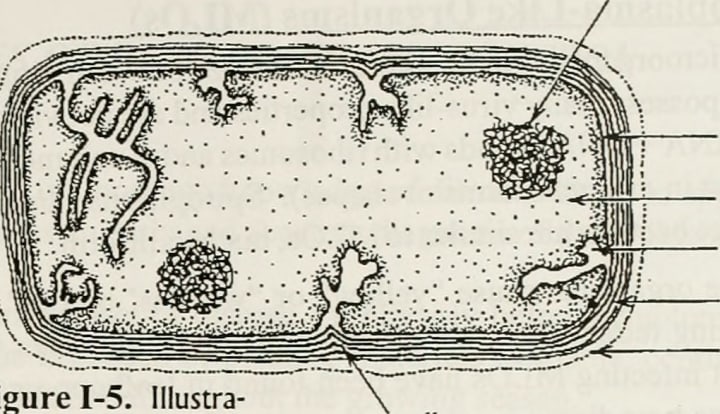
The first forms of life on Earth were simple microorganisms, which appeared around 3.5 billion years ago. Over billions of years, life on Earth evolved and diversified, giving rise to complex organisms such as plants, animals, and eventually, humans.
This evolution was shaped by a number of events, such as mass extinctions and the formation of continents.
One of the largest mass extinctions in Earth's history was the end-Permian extinction, which occurred around 252 million years ago and wiped out more than 95% of all species. Despite this setback, life on Earth continued to evolve and diversify, leading to the rise of the dinosaurs around 230 million years ago.
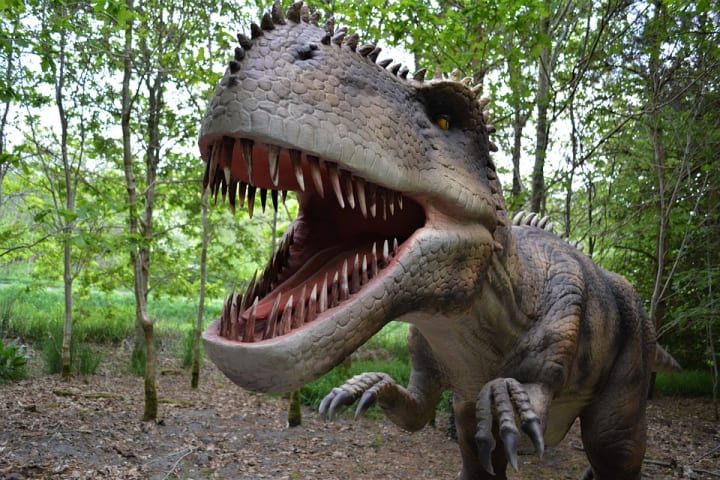
The dinosaurs dominated the Earth for around 165 million years, until a massive asteroid impact wiped them out around 65 million years ago. This event paved the way for the evolution of mammals, and eventually, humans.
Human civilization is thought to have emerged around 10,000 years ago, and has since developed through various historical eras and events. The Agricultural Revolution, which began around 10,000 years ago, brought about significant changes in the way humans lived, as they transitioned from a hunter-gatherer lifestyle to a more settled agricultural society.
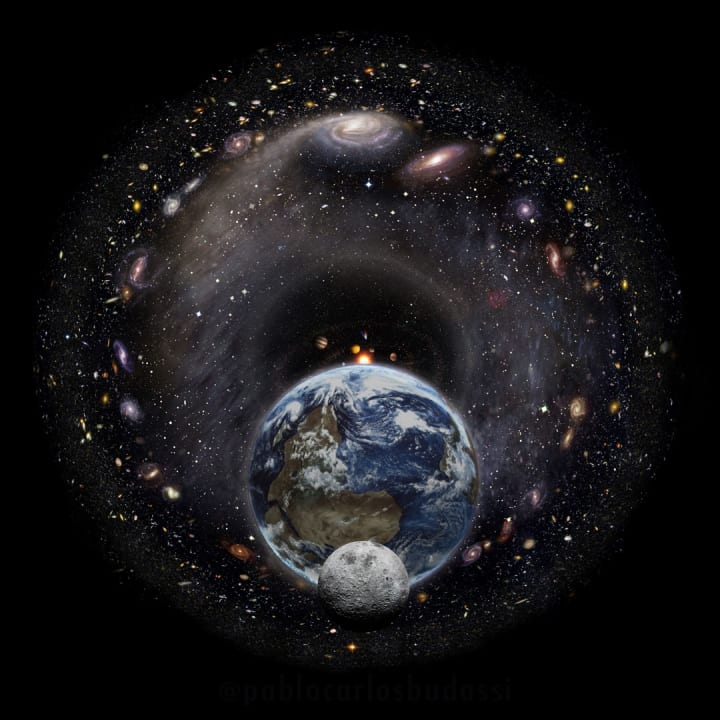
The Industrial Revolution, which began in the 18th century, brought about a new era of technological advancements and economic growth.
Today, humans have a significant impact on the Earth, through activities such as deforestation, climate change, and pollution. Deforestation has resulted in the loss of vast areas of forests, which play a critical role in maintaining the Earth's balance of oxygen and carbon dioxide.
Climate change, caused by the emission of greenhouse gases, is leading to rising temperatures, melting polar ice caps, and rising sea levels. Pollution, in the form of chemicals, plastics, and other waste, is causing harm to the planet and its inhabitants.
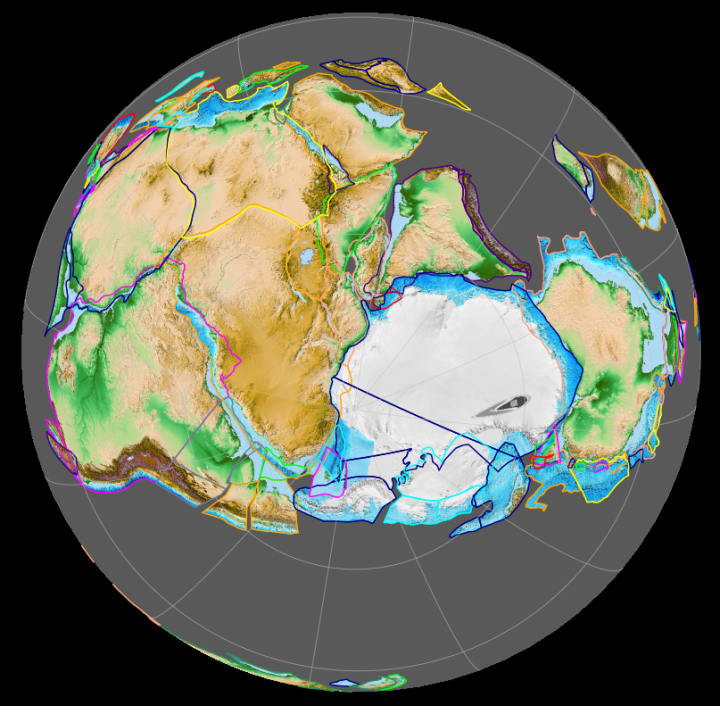
Despite these challenges, life on Earth continues to thrive, and the story of the planet continues to unfold. Earth is home to a diverse range of species and ecosystems, and the future of life on the planet will be shaped by the actions of humans and the natural processes that have shaped the Earth for billions of years.
End of the Earth
The end of the Earth is a topic that has been the subject of much speculation and debate among scientists and science fiction writers. While it is impossible to predict precisely how and when the Earth will end, there are several potential scenarios that could lead to its ultimate demise.
One possibility is that the Sun will eventually expand into a red giant, consuming the inner planets of the solar system, including the Earth. This is expected to occur in about 5 billion years when the Sun has exhausted the hydrogen fuel in its core.
Another possibility is that the Earth could collide with another celestial body, such as a rogue planet or an asteroid. This kind of event has happened in the past and led to mass extinctions of life on Earth.
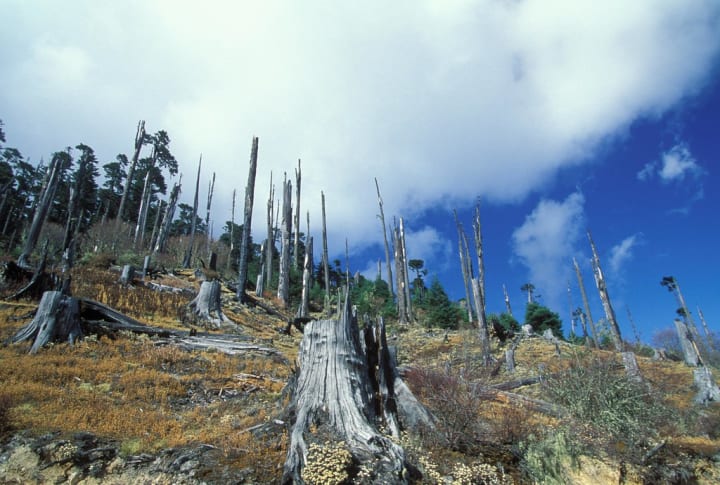
Another possible scenario for the end of the Earth is that the planet's magnetic field could eventually weaken and collapse, exposing the planet and its inhabitants to harmful cosmic radiation. The Earth's magnetic field is generated by the dynamo action of molten iron in its core. If it were to weaken, the atmosphere would be stripped away, making the planet uninhabitable.
In addition to these natural disasters, human activities could also play a role at the end of the Earth. Climate change and the burning of fossil fuels could cause the planet's temperature to rise, leading to the melting of the polar ice caps and a catastrophic rise in sea levels.
The widespread use of nuclear weapons could also lead to a nuclear winter, rendering the planet uninhabitable.
Ultimately, the end of the Earth is an inevitable event, but the exact circumstances and timeline are uncertain. It is up to us as a species to work towards a sustainable future and ensure that we do not hasten the planet's demise through our actions.
In conclusion, the story of Earth is a story of formation, evolution, and change. It is a story that encompasses the development of life, the rise of human civilization, and the impact of human activities on the planet. As we look to the future, we can shape the story of Earth and ensure a sustainable future for all its inhabitants. By R S Charan click to view profile
About the Creator
R S Charan
Hey there! I'm Charan, from India. I'm a YouTuber and I make videos about unknown facts, covering interesting topics around the world. I study at Anna University in Chennai, and I'm all about learning something new, then share to friends.


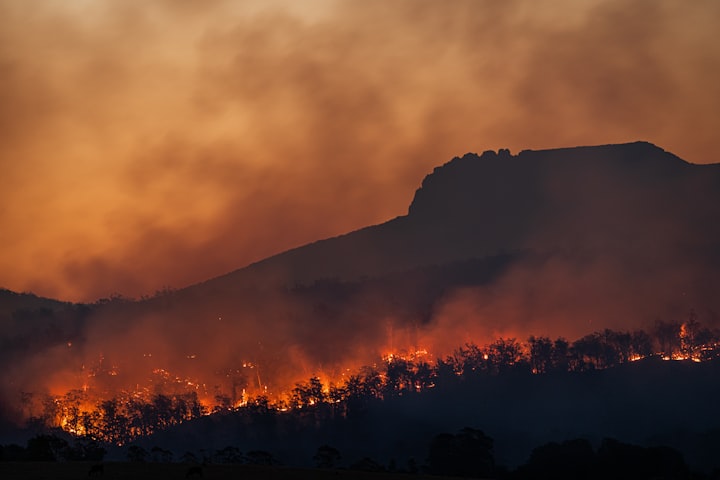



Comments
There are no comments for this story
Be the first to respond and start the conversation.